Peer Review Has Its Shortcomings, But AI Is a Risky Fix
A European professor and journal editor argues that the use of AI in peer review could hamper scientific advancement.

Send us a link
A European professor and journal editor argues that the use of AI in peer review could hamper scientific advancement.

Meet the former Enron trader and hedge fund founder who's on a quest to expose bad science.

Paris's École 42 is reinventing education for the future
The current peer-review system is limited to asking two people for their opinions - this is not enough.
Fellow Congress members should rely on peer-reviewed science, not fake news.

A new search engine called Semantic Scholar helps academics deal with the increasingly enormous volume of academic research.
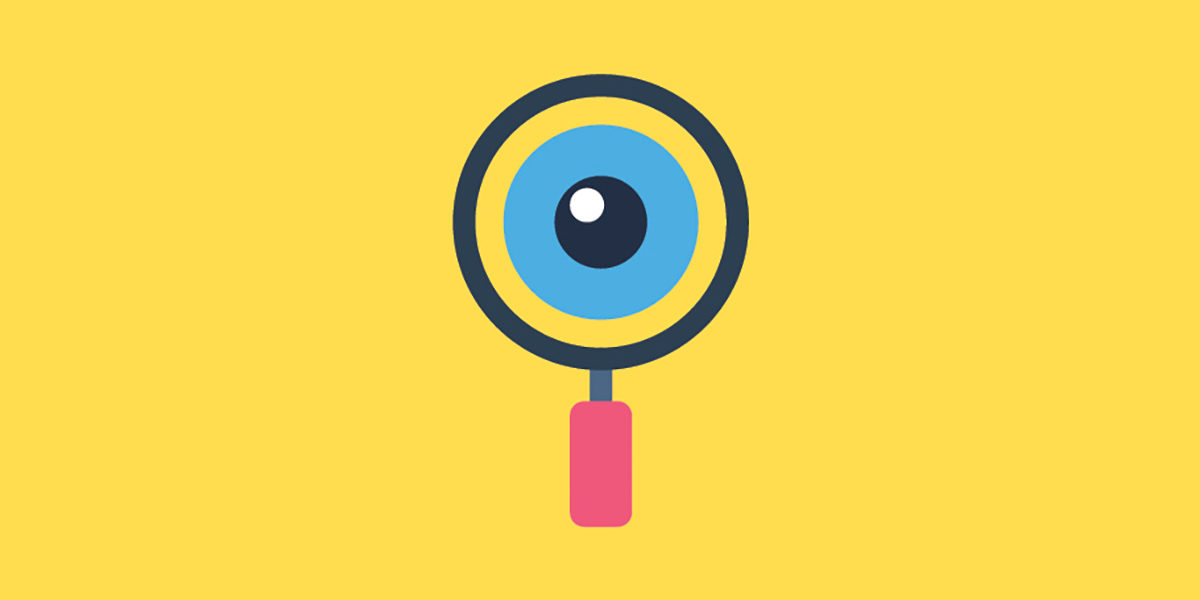
Science says career success is random. Here's what that looks like.

A surprising number of physicists and astronomers and STEM professionals compete in long, hard, miserable athletic endeavors like ultramarathons. Why?

The Federal Trade Commission (FTC) is suing predatory journal publishing company, OMICS Group, for hiding fees and deceiving researchers. It's a first for the largely unregulated industry.
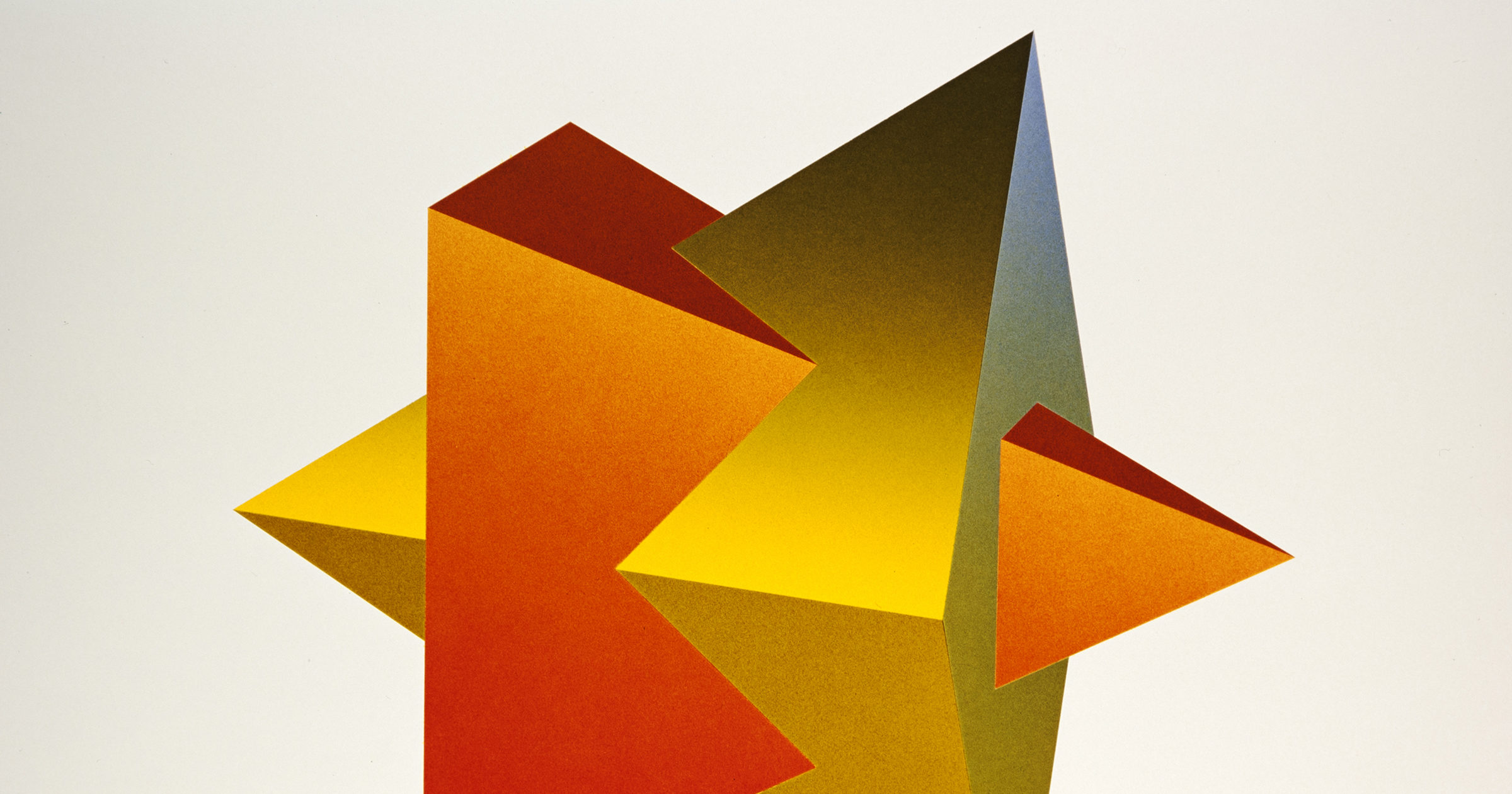
Open source now runs the world. But it still faces problems
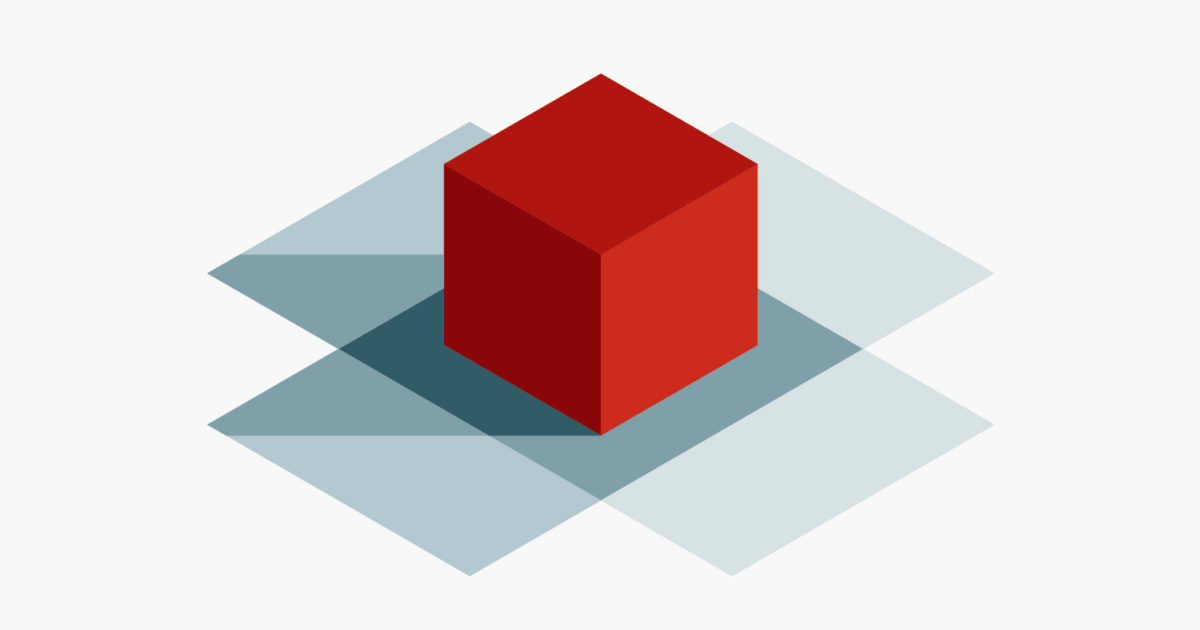
Launched twenty years ago this week, EurekAlert has tracked, and in some ways shaped, the way science is covered in the digital era.

The open source physics site arXiv is turning 25, and it's going to get a makeover. But what does that mean for its principles of data transparency?
Saying that Sci-Hub is about copyright infringement is like saying the Boston Tea Party was about late-night vandalism.
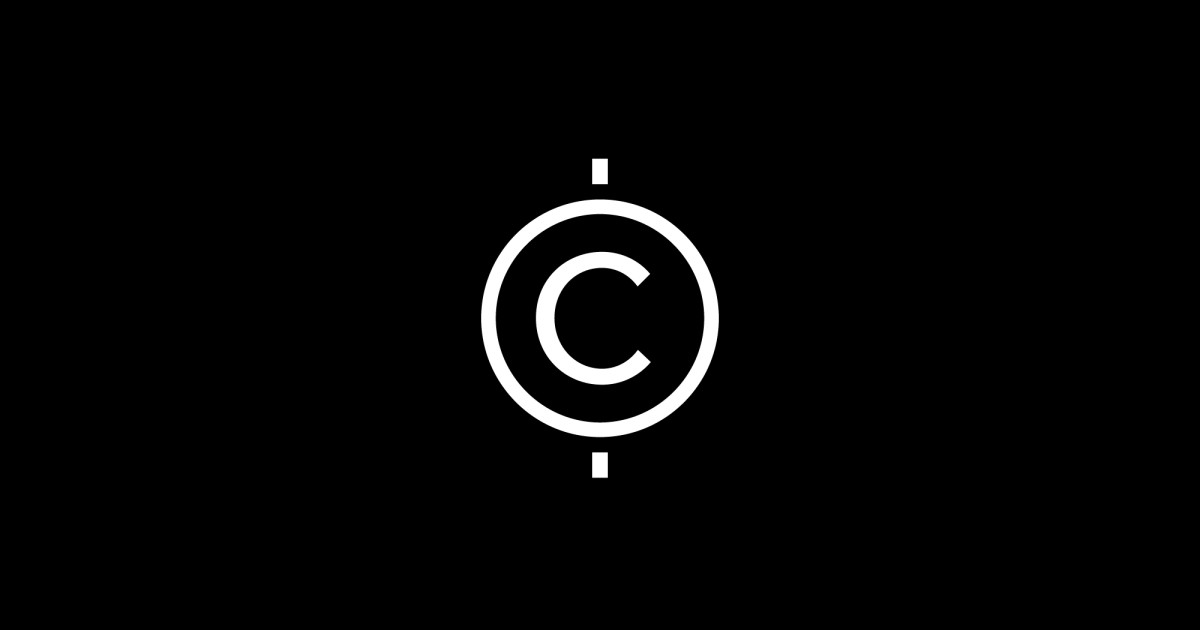
A famous faked study gets proved right—by the people who unmasked it in the first place.

Social science is great at making wacky, wonderful claims about the way the world—and the human mind—works. But a lot of them are wrong.

The MIT Media Lab has launched a new kind of academic journal that embodies its "antidisciplinary" ethos.
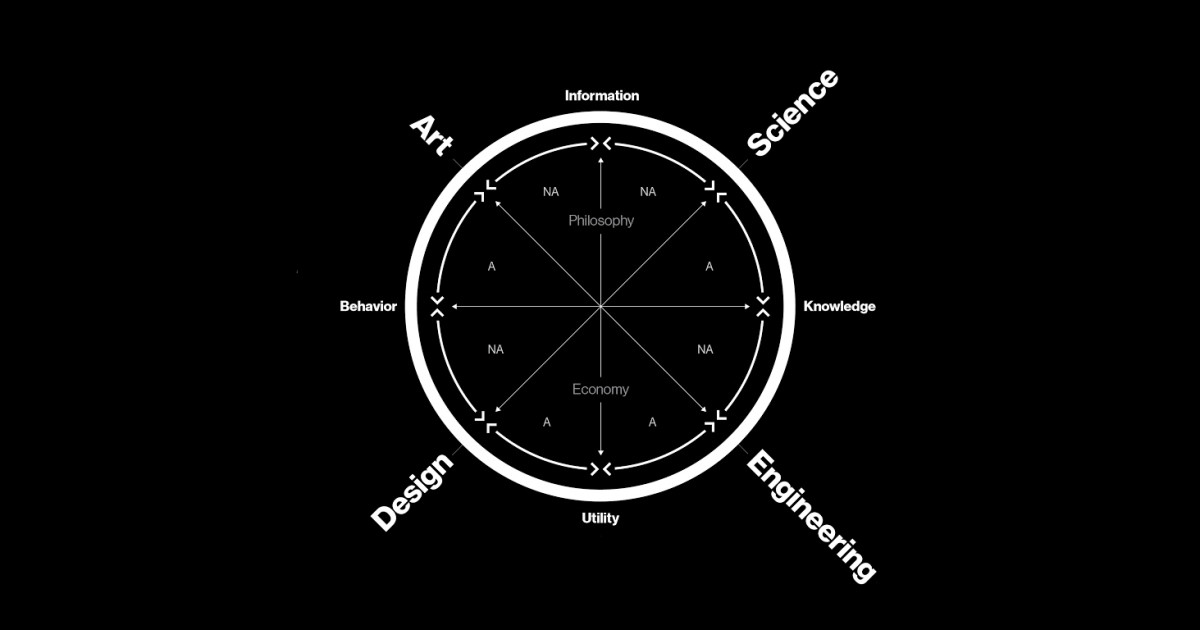
The psychology establishment is fighting back against an attack on its reliability. But it might be letting emotion get in the way.

Rescuers working on the front lines of massive marine mammal die-offs on both U.S. coasts have been dealt a hard blow during an already difficult year. On Tuesday, dozens of rescue centers learned they wouldn't be getting any federal financial help for the next year.
Scientific research is awesome-we read it, we build upon it, we innovate with it, and we love it. But the process of getting research from the scientists who spend months or years with their data to the academics who want to read it can be messy.
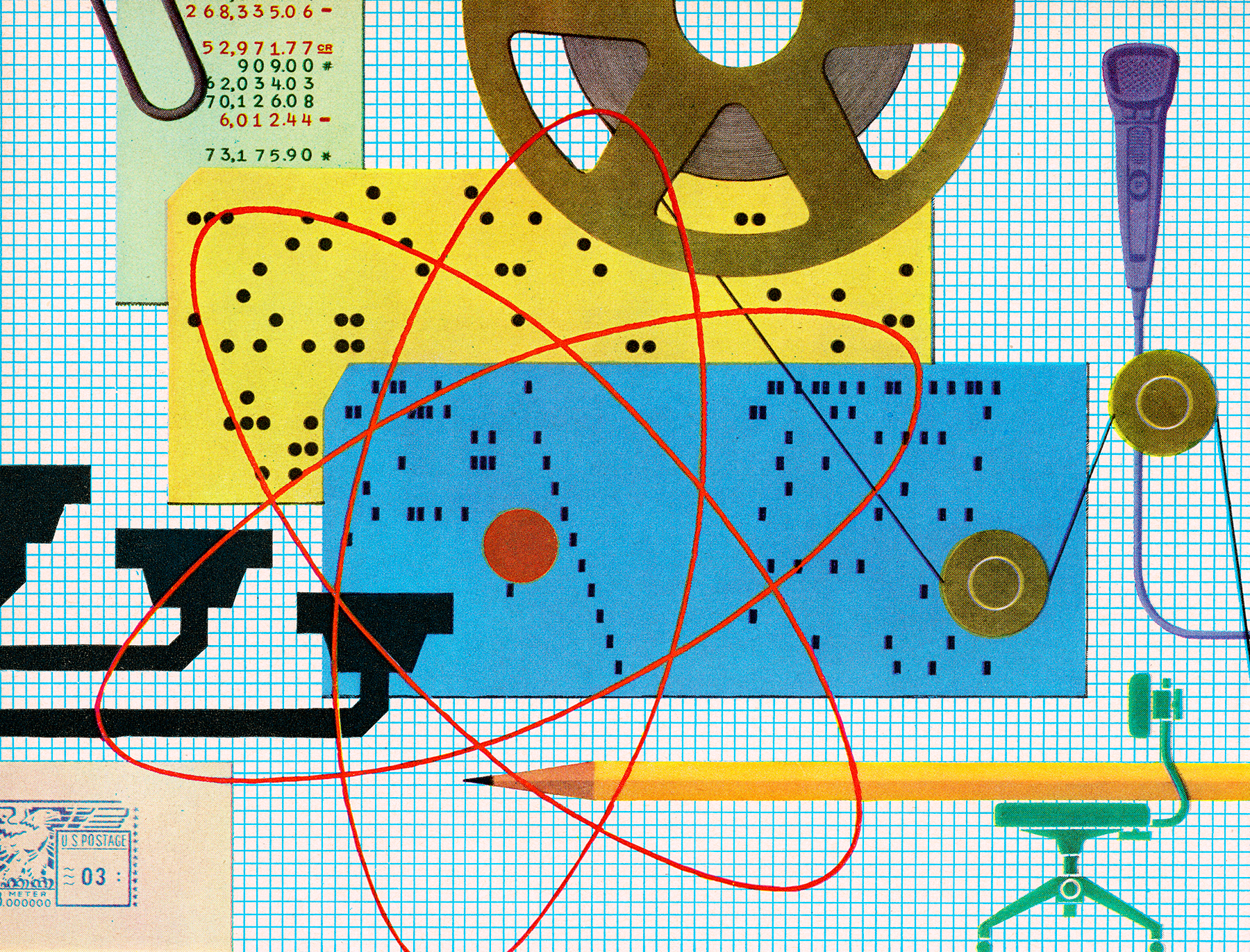
A crowdfunding campaign for a brain imaging study closed Monday after raising almost $80,000 toward a unique goal: the first functional magnetic resonance images of the brain on LSD.
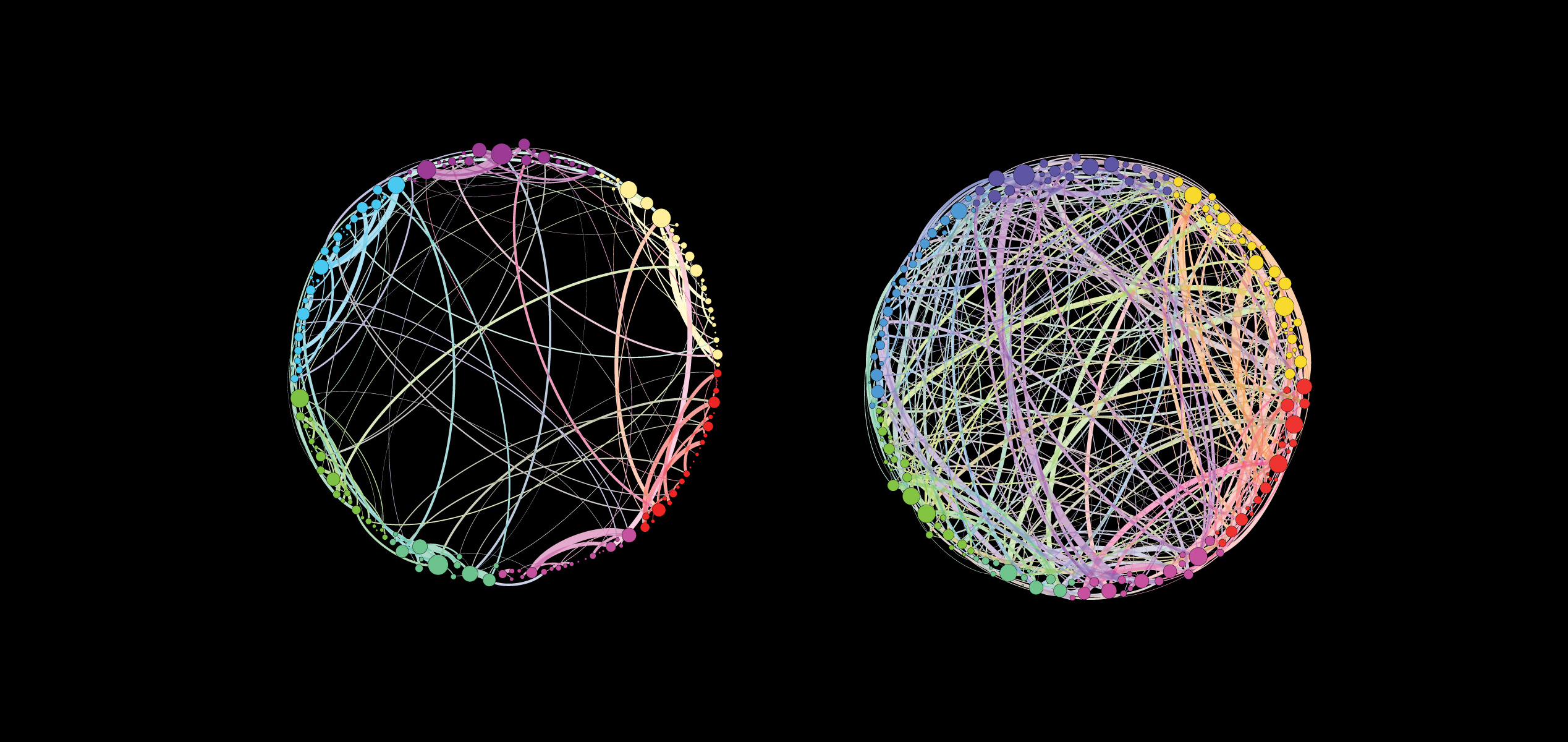
A patent system that is so broken that almost no patented discoveries ever get used.

Opinion article by the founders of PubPeer.com on right to anonymity.
Google is allegedly working on a free, open access platform for the research, collaboration and publishing of peer-reviewed scientific journals. At least, that is apparently what one individual wants us to believe.

Under current scientific publishing norms, most research – including, but not limited to, the analysis of thin circular objects – is accessible only to high-paying institutions.
